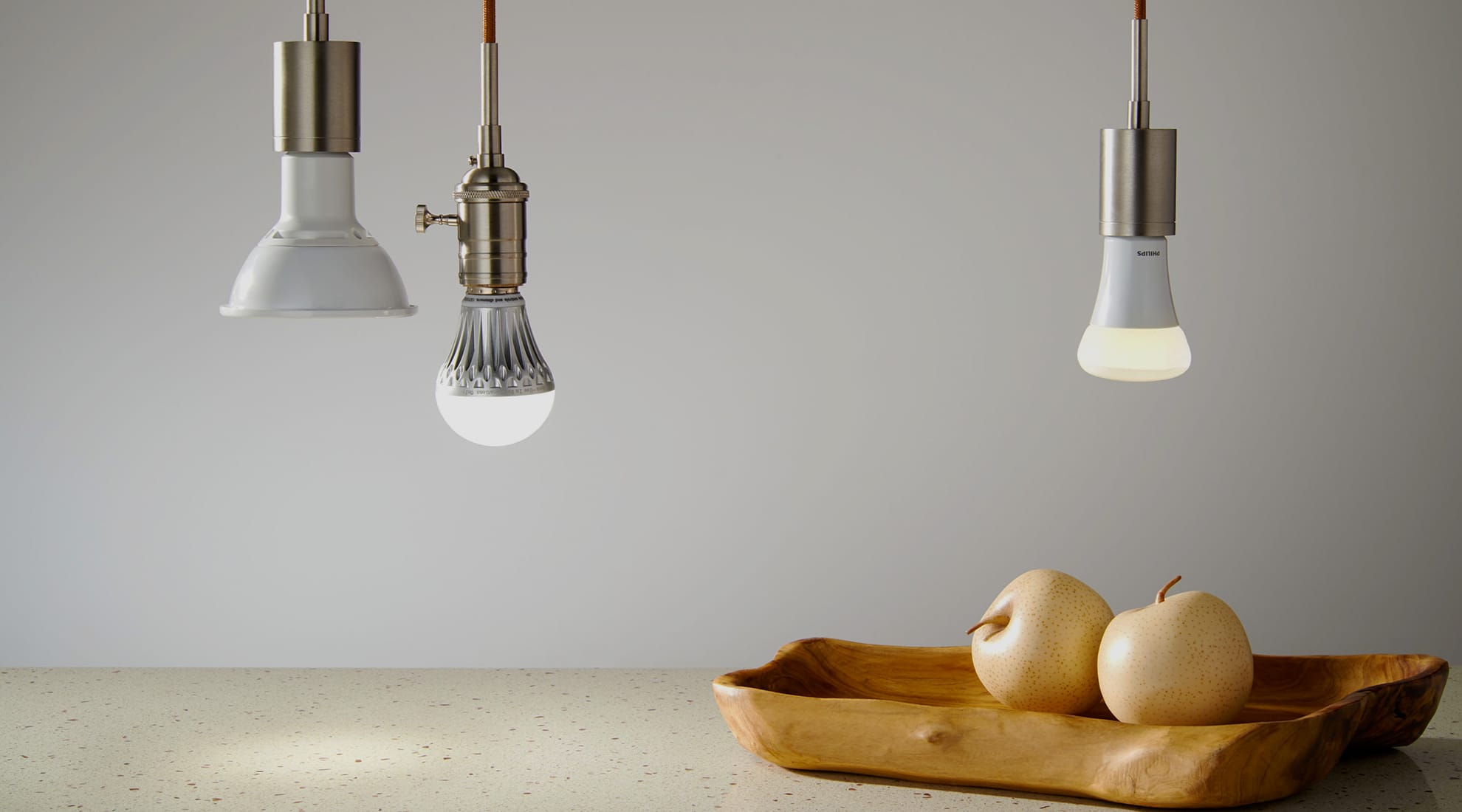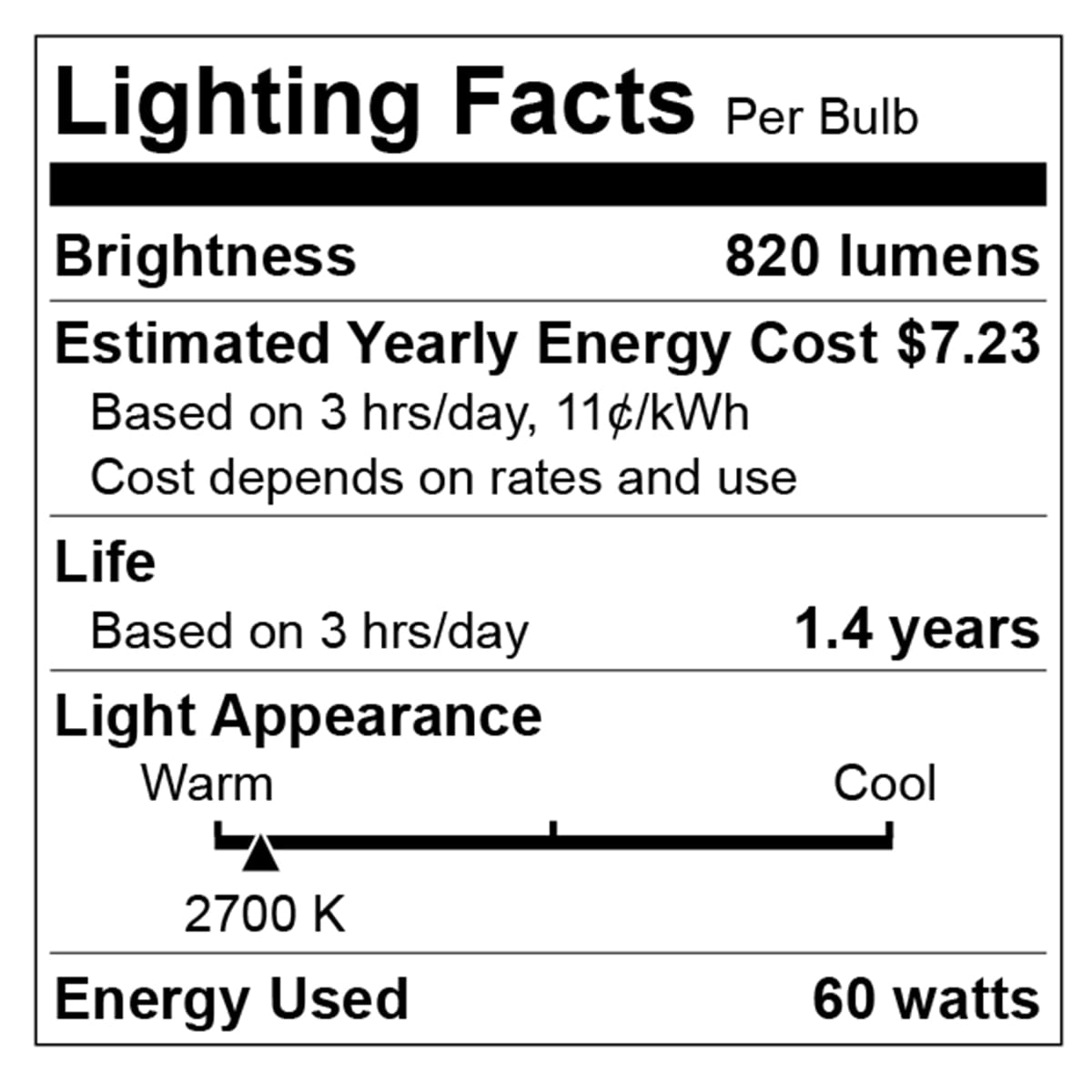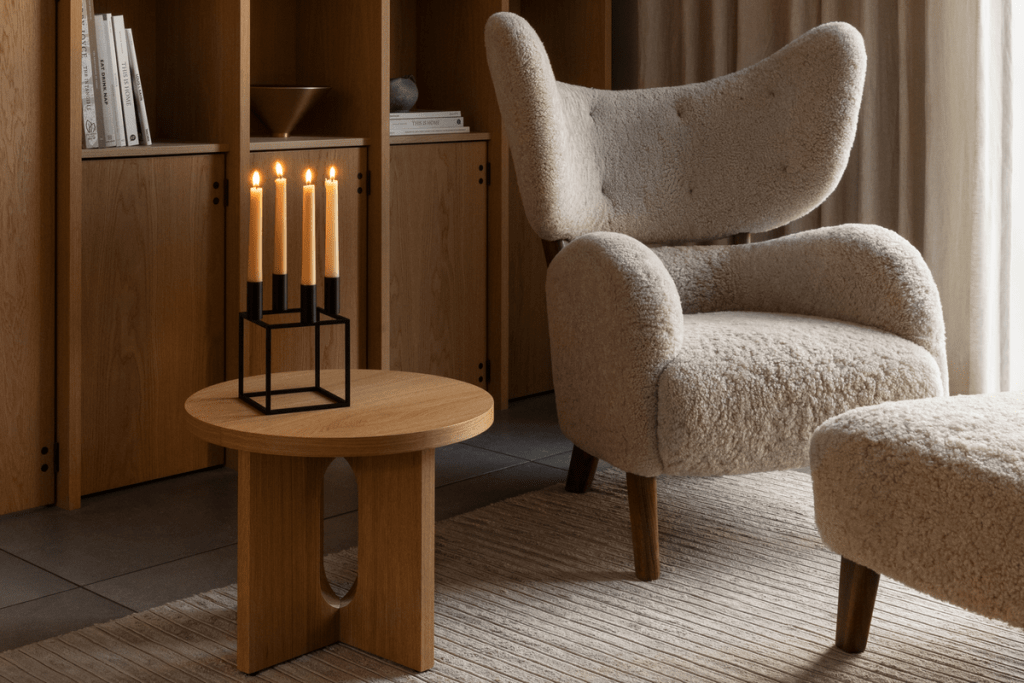 SoCo Modern Socket Pendant by Visual Comfort Modern
SoCo Modern Socket Pendant by Visual Comfort Modern
What Are Lumens? Why Lumens Matter More Than Watts
When shopping for light bulbs, brightness is key. In the past, most of us relied on watts to judge how bright a bulb would be. But with the rise of energy-efficient lighting like LED bulbs, watts now measure only energy use—not light output. Enter lumens: the new gold standard for measuring brightness.
Definition:
A lumen is the unit of measurement for the total amount of visible light emitted by a source. Simply put:
More lumens = brighter light.
Lumens vs. Watts: What’s the Difference?
- Lumens measure the actual brightness a bulb delivers.
- Watts measure the energy consumed to produce that light.
Thanks to modern energy-efficient lighting, you can now enjoy the same brightness with far less energy use. For example, an LED bulb can produce the same amount of light as an old incandescent using a fraction of the power.
Lumens to Watts Conversion Chart
Confused about which bulb to buy? Use this handy chart to match the brightness you want with the energy-saving bulbs available today:
| Incandescent Wattage | LED Equivalent Wattage | Lumens (Brightness) |
| 100W | Up to 22W | 1600 lumens |
| 75W | Up to 20W | 1100 lumens |
| 60W | Up to 12W | 800 lumens |
| 40W | Up to 9W | 450 lumens |
Tip:
A standard 60W incandescent bulb = 800 lumens.
A 40W bulb = 450 lumens.
Use these numbers to compare different options for your next ceiling light or table lamp.
How Do I Read the Light Bulb Label?
Changes in lighting regulations and technologies mean that there are new lighting terms to learn. For example, while we’ve previously looked to watts to learn a bulb’s brightness, that information is now presented in lumens. Newer bulbs have a Lighting Facts label that will give you all the details of a particular bulb:

- Brightness: Shown in lumens. (e.g., 1100 lumens ≈ 75W incandescent)
- Estimated Yearly Cost: Based on typical usage.
- Life: Expected lifespan, usually in years.
- This is based on estimated daily usage.
- Light Appearance: Also known as color temperature, ranging from warm/yellow light to cool/blue light.
- Energy Used: Actual wattage consumed.
Want to learn more about color temperature? Visit our guide on choosing the right light color for your space.
How to Choose the Best LED Bulb
Ready to upgrade? Here’s what to consider:
1. Look for the ENERGY STAR® Label
Choose ENERGY STAR-certified LED bulbs for guaranteed quality, efficiency, and long life.
2. Check the Color Rendering Index (CRI)
A high CRI (80 or above) means colors appear more natural under the light. For spaces like bathrooms or kitchens, aim for a CRI of 90+.
3. Select the Right Color Temperature
- Warm White (2700K–3000K): Cozy, inviting—perfect for living rooms and bedrooms.
- Neutral White (3500K–4100K): Great for kitchens and workspaces.
- Daylight (5000K+): Crisp, energizing—ideal for task lighting and garages.
4. Focus on Lumens, Not Watts
Replace old bulbs by matching lumens, not watts.
- 75W incandescent → 1100 lumen LED
- 40W incandescent → 450 lumen LED
Explore our full range of pendant lighting and wall lights to find the perfect match for your next upgrade.
Why Energy-Efficient Lighting Is the New Standard
Incandescent bulbs waste up to 90% of their energy as heat.
Thanks to updated federal energy regulations, inefficient bulbs are being phased out across the U.S., including a complete ban on incandescent bulbs from 2023 onward. This shift is projected to save American households an estimated $3 billion each year.
Modern LEDs come in a variety of shapes, sizes, and colors—including styles that mimic the classic warmth of incandescent lighting.
Key Benefits of LED Bulbs
- Major Energy Savings: Use up to 75% less energy than incandescent bulbs.
- Long Lifespan: Lasts 25,000+ hours—less time replacing, more time enjoying.
- Dimmable Options: Many LEDs are compatible with dimmers.
- Better for the Planet: Reduced carbon footprint and energy waste.
- Versatile Designs: Find options for outdoor lighting, recessed lighting, decorative lighting, and more.
Take the Next Step: Shop Smarter, Brighter Lighting
Ready to update your lighting for better efficiency, brighter spaces, and lower energy bills?
Explore our full selection of LED lighting and find the perfect bulbs for every room.


